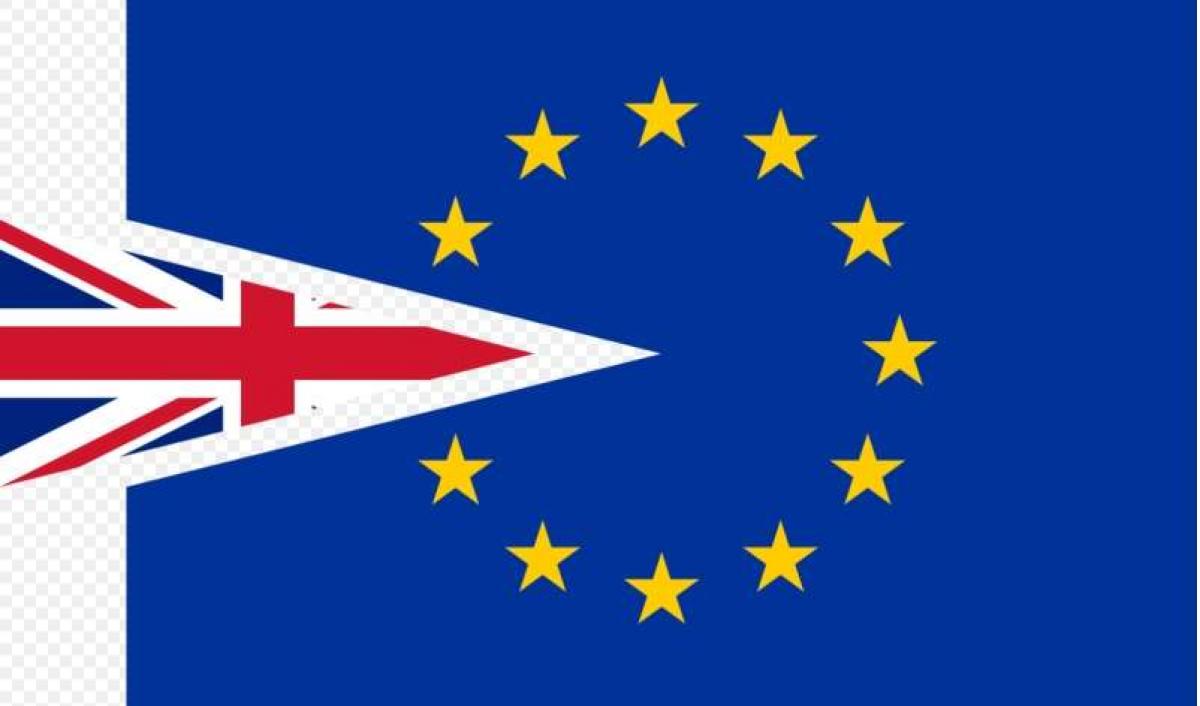Among the questions that have acquired a great deal of urgency in recent days is: what will Brexit mean for MiFiD? Or for MAD? Or for the CMU?
Britain has always been a major voice in the creation of these systems and directives within the EU. Where will hedge fund managers headquartered there be when Britain is no longer part of the EU?
The Alternative Investment Management Association has expressed its concern in recent days that Brexit will mean “the loss of the UK’s ability to directly impact EU policy” and that this “could mean that diverging rules in financial services are subsequently developed.”
This is an issue not only with existing systems, but even more so with new ones just barely sketched on the drawing board, such as the Capital Markets Union.
AIMA has mapped out three different exit scenarios. The particulars of the exit are, of course, very much a subject of negotiation in the coming months and even years. So it isn’t clear which of the AIMA scenarios will most closely resemble the fact of the matter. AIMA examines each and concludes that they all increase risks and uncertainties in a way that makes “quantification of any costs/benefits difficult.”
There is one point of terminology that is worth some clarification. It is the United Kingdom, not Great Britain, which has just voted to withdraw from the EU. The phrase the “United Kingdom” is short for “The United Kingdom of Great Britain and Northern Ireland.” Northern Ireland participated in the vote on exit from the Union (56% voting to remain) so the implications of the snappy term “Brexit” are a bit misleading.
But let us proceed with AIMA’s three scenarios.
Scenario One: The Norway Path
Norway is not a member of the EU: but it isn’t a stranger to European councils, either. It is a European Free Trade Association (EFTA) member, and thus part of the European Economic Area (EEA). This status allow for free movement of people between Norway and the EU countries, and free movement of most goods as well (food excepted, given the EU subsidization of agriculture).
Norway held a referendum on EU membership in 1994: the “no” side won by about the same margin that the “leave” side just won in the UK.
As to financial services, the developments subsequent to the global financial crisis have created a certain fracturing between the two regimes, between that of the EU on the one hand and the non-EU EEA/EFTA nations on the other. There is some risk, AIMA says, that “continued access” to the single market in financial services “could be in jeopardy” because of this fracture.
Scenario Two: Third Party Passporting
If the UK were to leave the EU without negotiating EEA status, participants in the financial services industry in the UK will want the country to seek an “equivalence” decision for passporting purposes. That means: they will want the UK to try to get the European Commission to acknowledge that prudential and business conduct requirements in the UK, which will at this point be known as a “third country,” have the equivalent effect of the EU’s own regulatory system in the protection of customers and the public.
An equivalence decision will make it possible for such firms to seek registration with the European Securities and Markets Authority (ESMA), acquiring the desired pan-European “passport.” The review process can take years. Although Guernsey and Jersey have the AIFMD marketing passport, the US and the Caymans thus far do not.
Since the national laws of the U.K. have adopted MiFID, the finding of “equivalence” shouldn’t be a matter of suspense. But while awaiting such a determination, UK based firms wanting to do business in Paris or Rome will have to look to the access defining procedures of the member states involved.
Scenario Three: Independent Policies Drive Decisions
But it is possible the government of the UK won’t be especially interested in remaining in harmony with the EU as to MiFID related matters, “equivalence finding” be damned. It is possible that the UK will make decisions that diverge from those of Europe for domestic reasons, for perhaps to follow the US regulatory regime more closely. Under this option, passports will be indefinitely delayed. So how could UK based firms market on the continent?
This is the final scenario. As AIMA indicates, such firms would have to rely for an indefinite period of time on national private placement regime solutions (NPPRs): customized (or “bespoke”) submissions meeting each country’s regulatory requirements.
After the vote, the CEO of AIMA, Jack Inglis, wrote in a blog post that all AIMA members “should be asked to highlight priority areas on which we should engage with both the UK and EU, and which will require renewed guidance for our members.”




